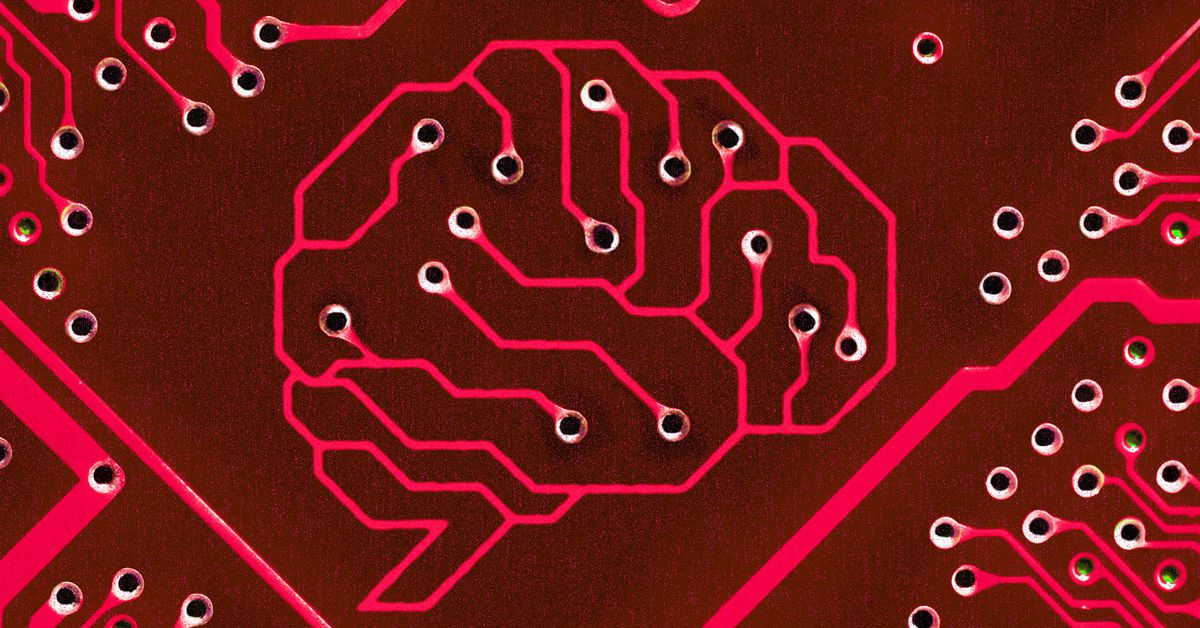Musicians are facing a challenge from artificial intelligence as online platforms become flooded with digital imitations.
The Artist Rights Alliance, a non-profit group, has recently issued a public plea to artificial intelligence companies, developers, and music services to cease utilizing AI in ways that undermine the rights of human artists.
The letter, endorsed by over 200 artists such as Billie Eilish, Nicki Minaj, and Arkells, emphasizes the need to safeguard human creativity against the encroachment of AI technology.
More than 200 performers, including Sheryl Crow and the estate of Bob Marley, have joined forces to advocate for safeguards against the unethical exploitation of AI, particularly in replicating artists’ voices and personas without consent.
AI-generated music content, like a viral song mimicking Drake and The Weeknd, has raised concerns about the unauthorized use of artists’ likenesses and voices, prompting calls for greater protection within the music industry.
While recognizing the creative potential of AI, the letter underscores the importance of establishing ethical guidelines to prevent AI from infringing upon artists’ rights and disrupting the music ecosystem.
The introduction of legislation in Tennessee, known as the “ELVIS Act,” signifies a proactive step to shield songwriters and performers from the unauthorized replication of their voices by generative AI tools.
In the midst of financial challenges exacerbated by the COVID-19 pandemic and the inequities of music streaming services, musicians are increasingly alarmed by the prospect of AI-generated content overshadowing their original work.
Artists like Tift Merritt express concerns about AI imitating their unique artistic qualities, emphasizing the irreplaceable nature of human creativity and the need to address the ethical implications of AI technology.
AI’s impact on the music industry has sparked debates about the fair use of artists’ work and the necessity of consent in utilizing artists’ voices and likenesses in AI-generated content.
Despite the controversies surrounding AI in music, some Canadian artists are exploring innovative ways to leverage AI technology for the benefit of musicians and fans alike.
Grimes, a Canadian singer-songwriter, and other industry professionals are leading efforts to develop AI tools that empower artists to collaborate with fans and ensure fair compensation for creative contributions.
Platforms like Hooky, co-founded by Grammy-winning producer DJ Swivel, aim to provide artists with control over their work in the realm of AI-generated music, emphasizing collaboration, consent, and ethical practices.
As the music industry navigates the intersection of AI and creativity, the emphasis remains on finding a balanced and inclusive approach that respects artists’ rights and fosters innovation in a rapidly evolving digital landscape.










